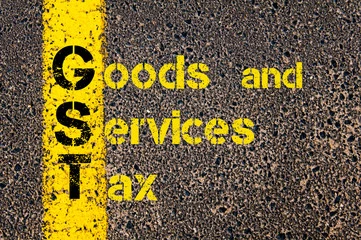Valuation purpose of GST means that what is the value on which GST would be charged.
Therefore, the price at which the goods and services are supplied is an important aspect. However, the law does not stop with the price. It provides that therein certain situations can be a non-monetary considerations.
For eg. there can be a situation where the supplier is receiving certain money and he is also receiving certain goods in respect of providing the supply.
The law provides that all these non-monetary considerations are to be valued in money terms and to be added. Once it is added cumulatively, it becomes a transaction value.
GST valuation is concerned towards arriving at this transaction value, which basically means the value which is attributed to a transaction in certain circumstances, that is the parties are not related with each other, that is the value which would be the value in a situation where the parties are not related to each other. Which means that a transaction value is that value which is the price at which two non related parties would make the supply.
So, If I supply to a person who is related to me that value is not accepted, but if I supply to a person who is unrelated that value is accepted and is called the transaction value. Now what happens to those cases where there are supplies between related persons.
In such situations, the government has notified detailed rules. These detailed rules require you to go to the open market price, which is the price which would have been charged had the parties been unrelated.
It is quite possible that the supplier is unique, namely there is no other supplier who provides the same services. What happens in those cases because there will not be an open market value in such cases. In such cases, the law says you can take the value which is of like quantity, of like goods and services, namely had a similar person provided so and the value would have been charged what would have been that value.
It is quite possible even those values don’t exist because it is possible that there are certain goods or services which are unique, no one else provides even the similar kinds of goods or services. In such cases again the law provides for an answer.
You can go either to the cost of the supplier or there are other residual methods by which you can arrive at the value.
In short, transaction value is the GST valuation but the exception is that if the supply is between related parties, in such cases the value between the parties is not accepted and open market value or value computed as per other valuation rules is the transaction value.

